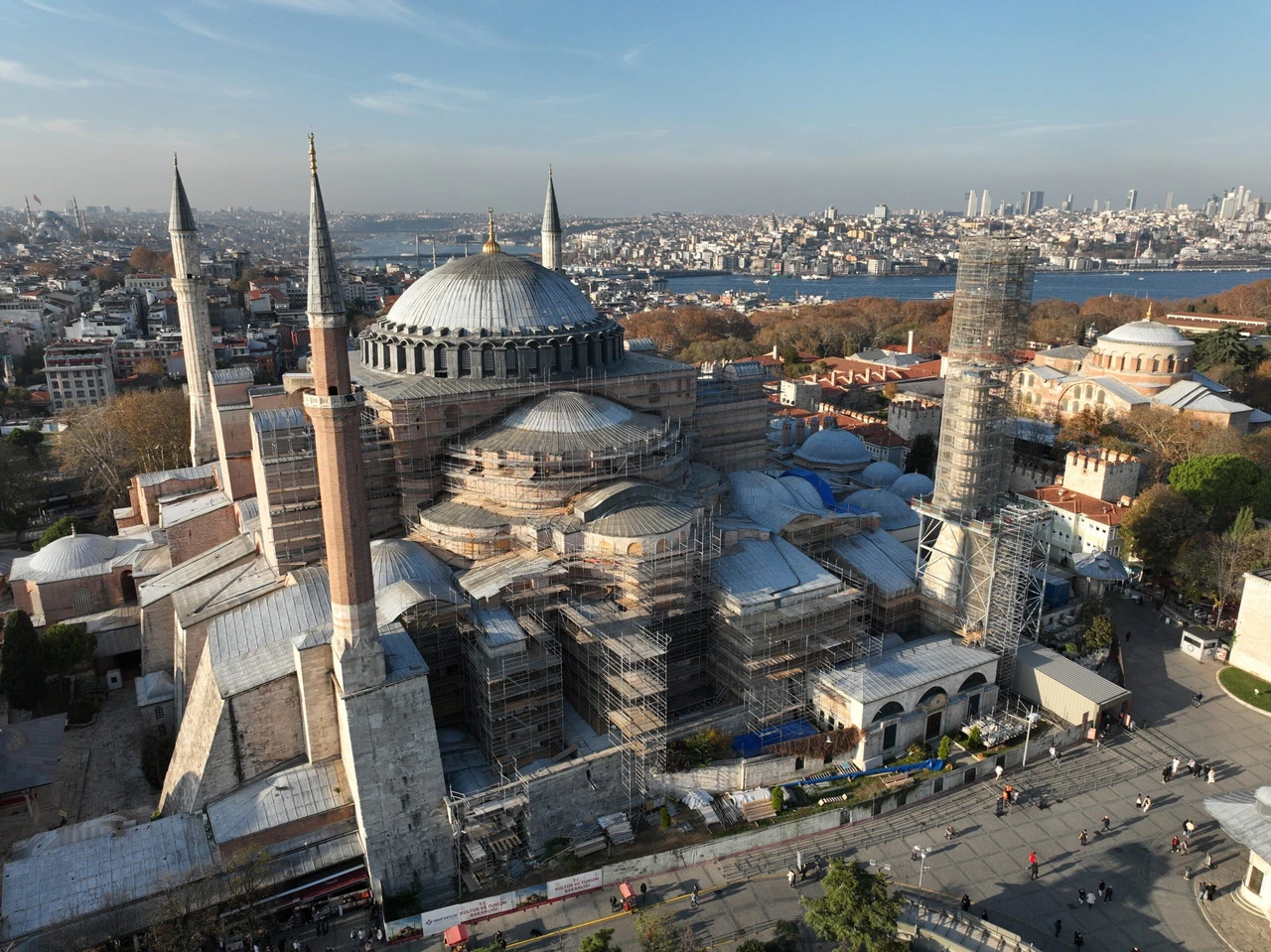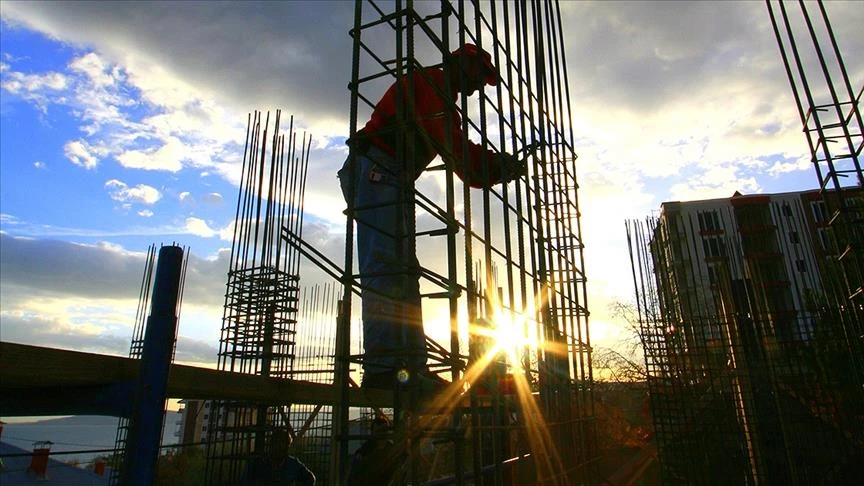Police use tear gas and water cannons to disperse pro-EU protests in Georgia
 Police uses tear gas as protesters surrounded the front of the parliament building and threw pyrotechnics and other objects during demonstrations in the Georgian capital, Tbilisi on December 2, 2024. Activist protest against the decision to suspend Georgia's EU accession negotiations until 2028, which enters its fifth day. (AA Photo)
Police uses tear gas as protesters surrounded the front of the parliament building and threw pyrotechnics and other objects during demonstrations in the Georgian capital, Tbilisi on December 2, 2024. Activist protest against the decision to suspend Georgia's EU accession negotiations until 2028, which enters its fifth day. (AA Photo)
Police in Georgia’s capital used tear gas and water cannons to disperse thousands of demonstrators Monday night as nationwide protests entered their fifth consecutive day. The unrest erupted after the government announced the postponement of EU accession talks until 2028, angering pro-European activists and opposition groups.
Protesters gathered outside the Georgian Parliament, launching fireworks and throwing stones at police stationed behind barricades. Security forces pushed back with force, detaining several demonstrators in the process.
President Salome Zourabichvili condemned the police response, calling it an attack on fundamental rights. “This is an attack on freedom of expression and the right to protest — basic rights violated,” Zourabichvili said, adding that the protests reflected the population’s desire for their “European future.”
The Interior Ministry reported that since the demonstrations began, 113 police officers have been injured, accusing some groups of resorting to violence during the clashes.
By early Tuesday morning, the crowd had begun to disperse, with smaller groups marching along Ilia Chavchavadze Street, a major avenue in Tbilisi.
Georgia’s efforts to join the European Union, initiated in 2022, have faced increasing challenges. Opposition to the controversial “Transparency of Foreign Influence” law earlier this year—widely criticized for restricting political freedoms—exacerbated tensions.
The European Parliament last month called for new elections in Georgia, alleging irregularities in the Oct. 26 vote. This demand fueled discontent among pro-EU activists and opposition groups, who have accused Prime Minister Irakli Kobakhidze’s administration of distancing the country from European integration.
Kobakhidze, rejecting the European Parliament’s criticism, accused EU officials of interference. He defended the decision to delay accession talks, saying, “Considering all this, we have decided not to bring the issue of initiating negotiations with the EU to the agenda until the end of 2028.”
The protests mark one of the most significant public outcries against the Georgian government in recent years, as the country grapples with its European aspirations amid growing political and social divides.



